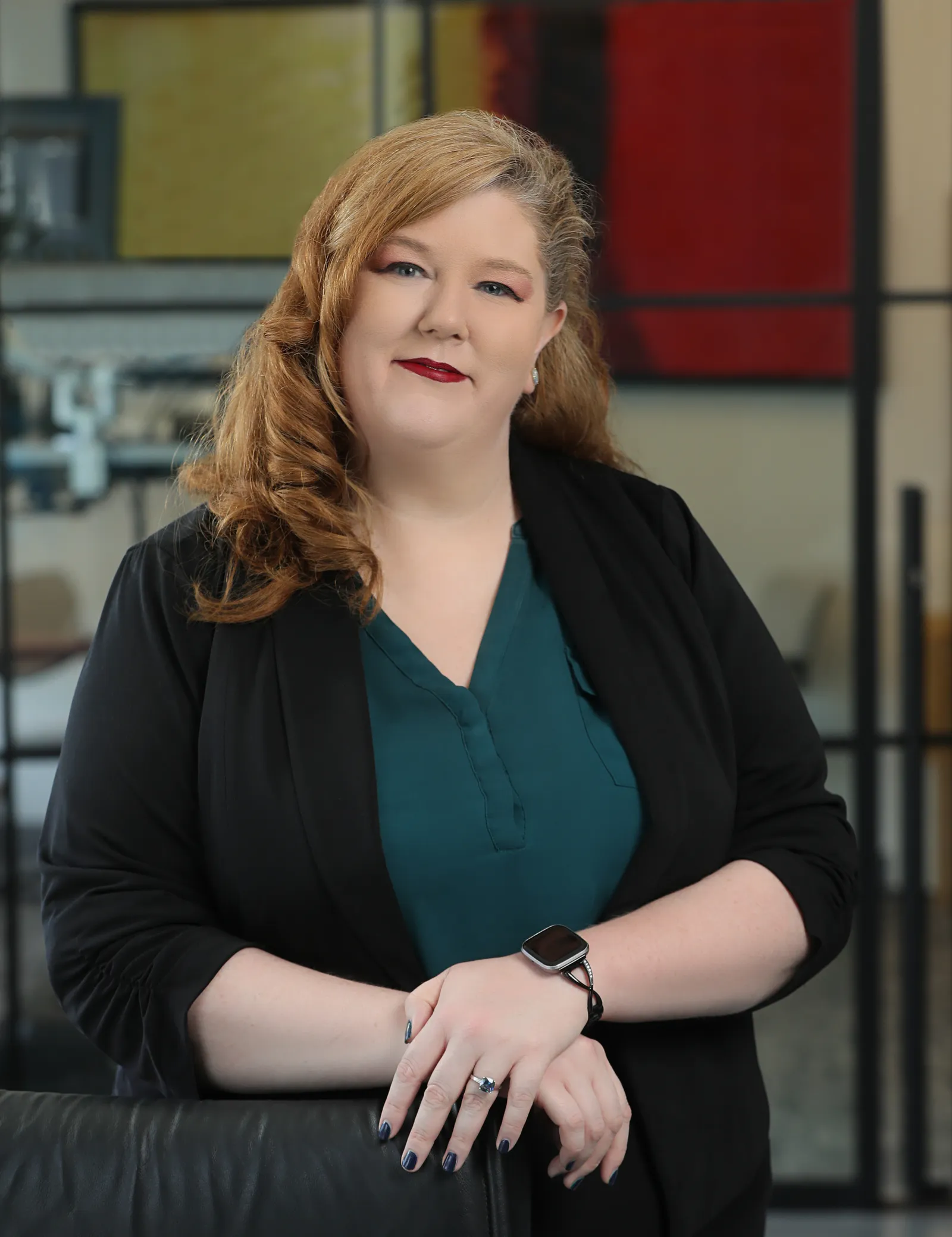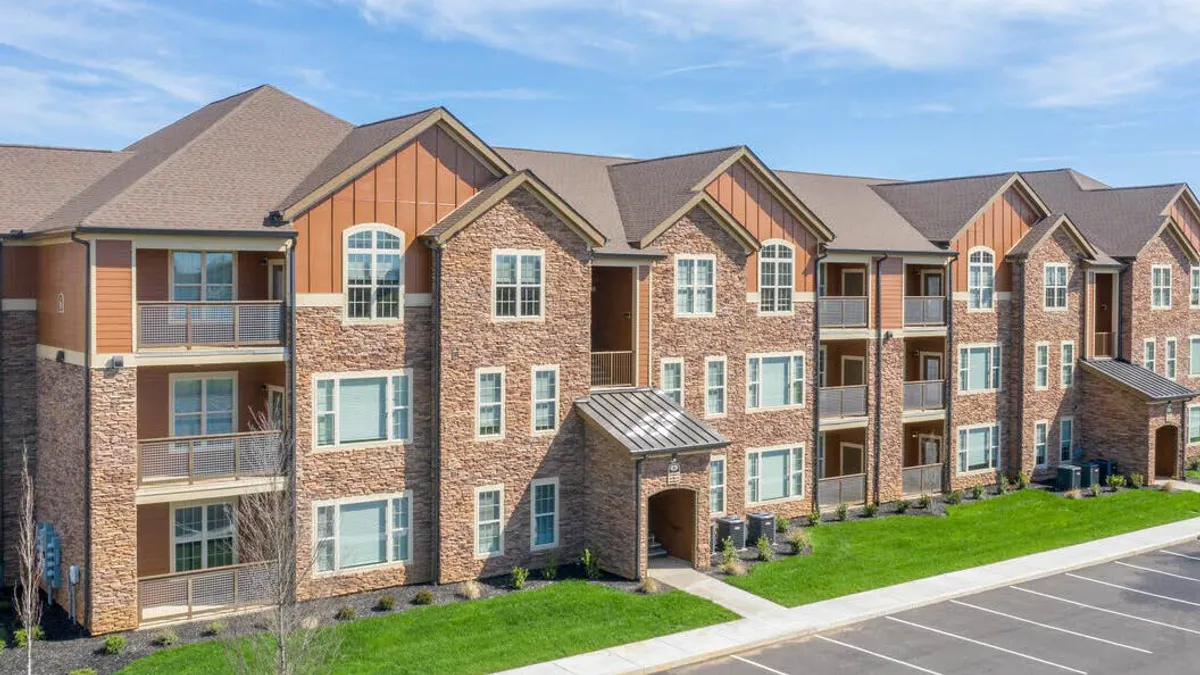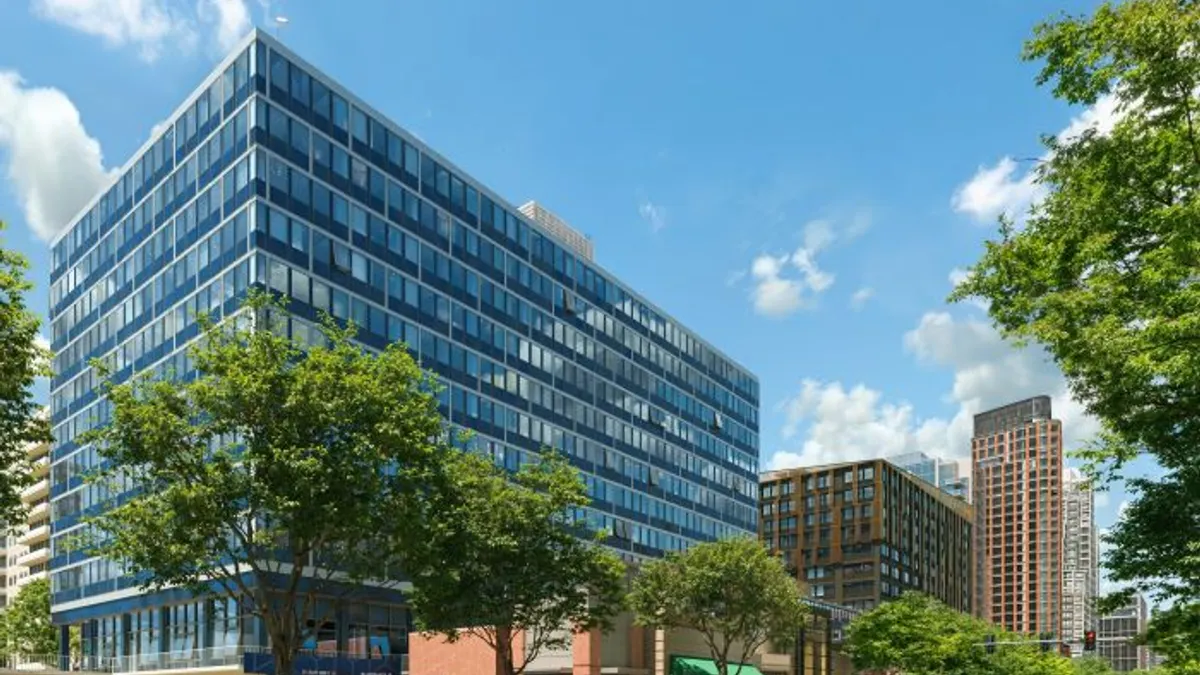For Red Bank, New Jersey-based real estate firm Denholtz Properties, expanding outside the company’s home market meant re-evaluating current standards of property management.
The firm’s multifamily holdings have largely been clustered close to home — until now. The acquisitions of Vida Apartments in Kannapolis, North Carolina, in 2021 and Overall Creek Apartments in Murfreesboro, Tennessee, in August form part of the company’s large-scale expansion into the Southeast across multiple real estate sectors, including industrial and commercial.
Kayte Peters, recently brought on by Denholtz as multifamily regional manager for New Jersey and the Southeast, is positioned to guide the company through this new era. Coming from Morgan Properties with 17 years of management experience, plus a previous career in the hospitality industry, Peters’ priorities in her new role include the creation of a new multifamily management program — one that incorporates technological solutions to overcome the limitations of distance.
Here, Peters talks with Multifamily Dive about customer satisfaction, handling new acquisitions and integrating new programs into existing tech.
This interview has been edited for brevity and clarity.
MULTIFAMILY DIVE: Today, a lot of multifamily managers are taking cues from hotels and hospitality services. How has your experience in these sectors informed your approach?
KAYTE PETERS: I jokingly tell people I have literally been checking people in and checking people out my entire life. It definitely helps me to provide a lot of support, training and mentorship to our residential team, [especially] as we start out and embark on something that is new and exciting for us.

Believe it or not, the industries are very similar. At the end of the day, four walls are four walls. Something that was explained to me very early is that they're not renting the room, they're renting you. They're renting your experience and your willingness to be the customer service voice and go the extra mile and get done what needs to get done for them.
And I think that really comes into play in multifamily, even more so than in hotel and restaurant management, simply because in hotels they're with you for a very short period of time. If they were happy, fantastic. If they were unhappy, hopefully we'll get them the next time. But the likelihood is you're never going to see them again.
Whereas in multifamily day one is only day one. We're going to have these people in our care for hopefully a very long time. That gives us the chance to make their lives fantastic for those two or three years. And my goal was always to make it as fantastic as possible, because word of mouth is probably your best form of advertising.
Tell us a little more about the property management program you plan to implement at Denholtz and how it will improve on the current system.
Our goal is to curate quality locations for purchase, and to integrate that with our development side where we are putting in newer communities. That being said, you have a little bit of somebody else's build and a little bit of your own build. How do you make that a uniform experience for renters across the board, whether they're living with us in New Jersey, or Tennessee or North Carolina?
It really doesn't matter, because people are still people, and they have similar expectations of that experience level. So our residential department right now is working specifically to integrate both technology and customer service to really provide the optimal experience for our tenants.
How do you intend to integrate new acquisitions into the existing portfolio?
We've just taken on a new acquisition actually, just outside the Nashville market — Overall Creek Apartments. I can’t be boots on the ground there every day. But the piece of that puzzle that has really helped us is the same thing that got everybody through that pandemic — being able to have FaceTime with our employees, setting expectations and going over concerns.
Still, I was down there last week, spending some time doing some in-person trainings and walkthroughs. And things like that don't necessarily translate well to a conversation like this, where you're dealing with a screen. You really need that touch piece for walking through an apartment and making sure that it's presenting well for a prospective tenant, or making sure that it's going to look fantastic for the person who's moving in in three hours.
But from a processes point of view, from an auditing point of view, from a security point of view, the ability to jump on a call and be able to FaceTime with your team through whatever platform we are using at the time is fantastic, because it gives us that face to face. You're able to read body cues, you're able to see when somebody isn't getting it and play off of what their concerns are.
How do you see the company growing and changing into the future?
As of right now, we're really looking for the most dynamic market opportunities. Where are we seeing the population growth? Where are we seeing the market trending in the right direction for us?
We have a fantastic acquisitions team and they are constantly sending me things to look at and do analysis on and just get a feel for whether or not it would be a good addition to our portfolio. They're definitely looking for things that fit into that same streamlined quality of product in a market where we have that opportunity for growth, as opposed to markets that might be a little bit more on the stagnant side. And we’re really looking to seize on those locations.









